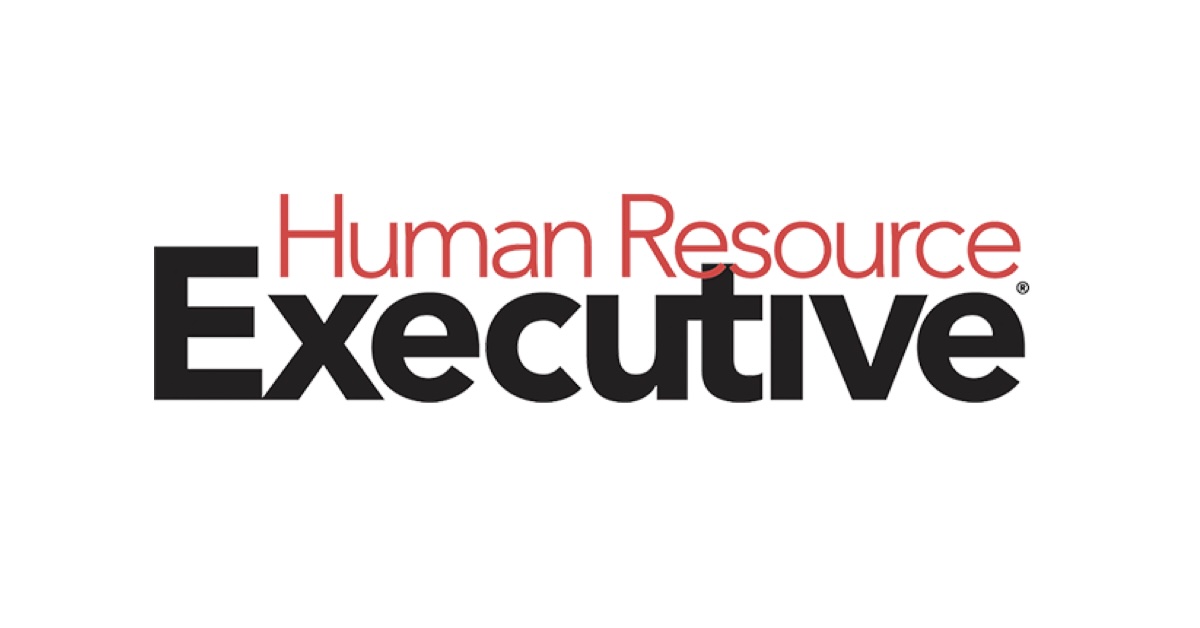Unethical behavior tarnishes a company’s reputation and negatively affects the work environment. When misconduct occurs and an ethics investigation arises at work, the role of the HR leader is to guide their boss, back them up and work together to reach the best possible outcome. If you work for a boss with high morals and values, you’re lucky. Those are the ones you can partner with to work together, keep everyone out of trouble, minimize risk and ultimately do what is right.
But what do you do when your boss is in favor of acting unethically?
ACTIONS TO TAKE
The job of an HR professional is to gauge corporate liability and potential law violation for all stakeholders and leaders of organizations. When the organization’s integrity is in question, the following actions should be taken to try and steer your boss in the right direction:
- First, confirm your boss’s desired course of action (e.g., “Let me just confirm, what you are asking me to do is … ?”). While its unlikely he or she will put it in writing, that doesn’t mean you can’t make a note to your file.
- Ask yourself, “Is this potentially putting the company at risk?”
- Request a meeting or have an official conversation to discuss related law, violation, potential liability, etc.
- Present and discuss the pros and cons of your boss’s course of action.
- Discuss viable alternatives with your boss.
Asking these tough questions and discussing potential repercussions will give you a better understanding of your boss’s thought process. But what if this approach isn’t working? An unethical manager may try to influence an HR professional in various ways. They may try to befriend you to get you on their side. When this fails, they may try to purchase your loyalty with gifts, lunches or bigger items. When this fails, you may become the target for personal attacks, intimidation and bullying. Should you find yourself in this situation:
- Go over his head. If you feel comfortable, go to your boss’s boss, someone more senior within your chain of command or in-house counsel. Consider the same conflict resolution processes or escalation guidelines that you share with employees. Larger companies typically have a reporting line or legal department you can trust to handle escalating issues while remaining anonymous. However, if you work for a small company, your resources might be limited and you can run into confidentiality issues.
- Review the Whistleblower Protection Act to make sure your actions will be protected.
- Consider contacting the protective agencies: OSHA, EEOC, ADA, FLSA.
Remember, all of these later options take time, effort, patience and emotional strength. Keep in mind that there may be times when your job is placed in jeopardy, as some companies will do everything possible to avoid this type of exposure.
ETHICAL GRAY AREA
Many circumstances are such that no laws are broken and there is no policy violation, but you still feel that your boss is exercising poor judgment. This is a dilemma that is frequently brought up when networking with others in the HR field, which is a good place to go for moral support. Often, we can gain insight on how to deal with an unethical boss by using the support network within our profession. Similarly, HR professionals can use the Society for Human Resource Management’s (SHRM) Code of Ethics as a resource for upholding values.
After all, we as HR professionals have to find a way to educate and guide managers in making the fair and legal decision, keeping in mind that employees, as well as leaders, are stakeholders in every organization. This takes inner strength and perseverance. Too often an HR professional will look for another job rather than take on this challenge. Everyone has likely been ethically tested at some point, and how you react to the situation is important within every future relationship.




